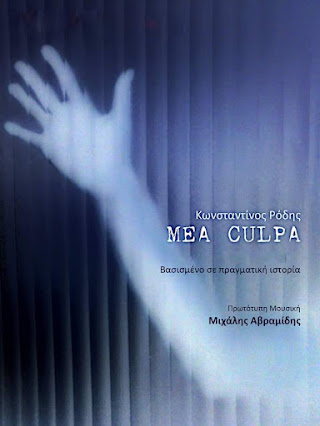«In the 1960s, the late epidemiologist Ralph Paffenbarger, Jr. launched
a study of men matriculating as undergraduates at Harvard University
Paffenbarger, who remained an
adjunct professor at HSPH until his death at age 84 in 2007, found that men who
exercised vigorously, burning 2,000 calories a week, lived longer than those
who didn’t.»
«When naysayers questioned whether those extra years were worth the
effort, the gentle yet tenacious researcher known as “Paff” to his colleagues
observed that exercise not only “adds years to your life but life to your
years.” His findings contributed to changes in federal health recommendations
and helped lay the groundwork for the modern fitness movement. Observing that
it is healthier in the long run to take up exercising later in life than to be
a college athlete turned couch potato, Paffenbarger became an avid long
distance runner in his 40s. But the health benefits of a vigorous running habit
may be a hard sell for those who are sedentary. Fortunately, Lee’s research has
shown that moderate activity can also be beneficial. In a study published
earlier this year, Lee and her colleagues found that adults over 40 who walked
briskly for 75 minutes each week — roughly 11 minutes a day —lived 1.8 years
longer than those who didn’t exercise at all. Those who got the federally
recommended minimum of 150 minutes of moderate exercise a week — 30 minutes
every five days or 22 minutes every seven days — gained 3.4 years.
“What we found is really
encouraging,” Lee told Harvard Magazine in an interview earlier this year. “If
you do a little, you get a fairly good gain in years.” More may be necessary to
avoid weight gain, she said, but aiming for some daily physical activity is a
good place to start.
Lee and Shiroma are now working
to provide evidence that can lead to recommendations for light physical
activity. This has been difficult to assess in the past, Lee said, because
study subjects have trouble accurately reporting the amount of time they spend
doing light daily activities such as dusting or folding laundry.
New technology is helping to
solve that problem. Accelerometers track a subject’s level of movement, whether
they are out for a run or watching TV.
But experts disagree about
whether the devices should be worn at the waist or on the wrist. Subjects are
more compliant when wearing wrist accelerometers, but the device may
over-report movement for someone who talks with their hands, for example.
Conversely, a device worn on the
belt may not pick up some types of activity, such as weightlifting.
Shiroma is working to compare
data collected from the two different placements of the device. An avid
exerciser since taking up competitive swimming and martial arts at a young age,
Shiroma also hopes to shine light on the potential benefits of including
strength training in regular physical activity routines.
“I am honored to receive an award
in Dr. Paffenbarger’s name, and look forward to furthering our understanding of
the relationship between physical activity and health,” Shiroma said.»
SOURCE: http://www.typologos.com/
©Typologos.com 2013. The article belongs to the President and Fellows of Harvard College Harvard School






















































0 σχόλια:
Δημοσίευση σχολίου